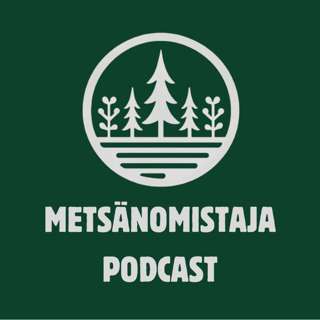
138: McKinsey Weak School
Entering BBM with a weak school on your resume can create problems. Though, all of them tend to be created by the candidates themselves. These consultants tend to have so many incorrect preconceived ideas of the firm that even when a McKinsey partner tells them something, they tend to go with their preconceived ideas. As strange as that may sound, that is what we have seen happen in many cases. There are certain things you can do this alter this spiral, should it occur.
11 Kesä 20135min

137: Mathematical Precision Hurts
As counter-intuitive as this sounds, mathematical precision in cases hurts most candidates. Many candidates focus heavily on being mathematically correct because it is far easier to see if your answer of $230MM is the same as the prescribed answer of $250MM. It is human nature to focus on what can be easily measured versus focusing on what should be measured. Candidates tend to confuse mathematical precision with being analytic. They are not the same and candidates should focus on being analytic, as explained in this podcast.
5 Kesä 20134min

136: Speaking Advice for Cases
If you read forums worldwide everyone is obsessed with cracking the case. Yet, most people cannot communicate like a consultant. We hope by reading this post, candidates spend an equal, if not more, time focusing on their communication skills as well. If you cannot speak like a consultant, you cannot be a consultant.
30 Touko 20135min

135: How to Run a Case Competition
We are not fans of case competitions. They do not teach the skills need by BCG and McKinsey nor do they matter when it comes to interviews. The dean of a European business school recently gave us carte-blanche to design the perfect case competition. This long podcast outlines the approach we took and why we followed this approach.
24 Touko 201320min

134: Rise of Asian Female PhD Candidates
The rise of Asian female doctoral case candidates is one of the most important trends in management consulting. This is a large and dynamic group of case candidates who are underrepresented in consulting firms, poorly mentored and largely ignored. Consulting firms can do better to manage them, and should. We explain how and why. Since late 2011, Firmsconsulting has actively worked with PhD candidates, females in particular, to understand their unique needs and design techniques to address these needs. Much of this can be seen in Season One of the Consulting Offer with Felix.
18 Touko 201317min

133: Failing to Provide Sufficient Case Detail
Candidates are typically surprised to hear they have been declined for not providing sufficient details in a case interview. It usually surprises them since they believe they have provided more than enough case information detail. The difference comes down to how consulting firms define "detail". They are looking for facts and the relationships between issues, while candidates tend to speak in broader terms and are not very good at identifying and explaining the linkages between issues.
12 Touko 20134min

132: So-What Rule for FIT And Writing
When thinking through a possible FIT / PEI or cover letter response, most candidates settle on the first idea that comes to mind. Future edits of this idea do not alter the idea, but merely rearrange the wording. That is a bad idea. We use the so-what rule when testing candidates. For their responses we constantly ask "so-what" until the candidate arrives at the core reason for their decision / answer. That core reason is what we want candidates to use.
6 Touko 20135min

131: Interviewers Do Not Hate Frameworks
That is true. It is myth interviewers do not hate frameworks in case interviews. Interviewers dislike the way the framework is introduced and used by the candidate. Most candidates memorize a framework, look at a case, see the loose link between both and gladly offer the framework without a proper explanation or even making adjustment to the framework. The best approach is to brainstorm unique structures for each case. However, where this is tough to do, candidates should take time to carefully adjust and integrate the framework into the case, using good communication skills.
30 Huhti 20134min





















